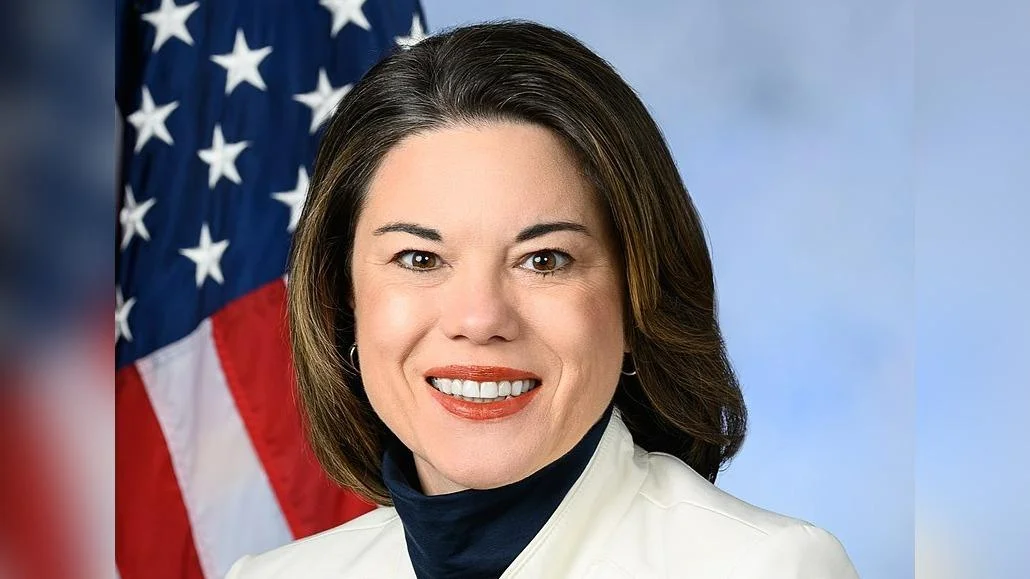Angie Craig U.S. House of Representatives from Minnesota's 2nd district | Wikipedia
Angie Craig U.S. House of Representatives from Minnesota's 2nd district | Wikipedia
U.S. Representative Angie Craig, who has served Minnesota’s 2nd district since 2019, used her social media platform this week to criticize Republican lawmakers over issues of military pay and rising health care costs.
On October 2, 2025, Craig posted about the potential impact of a government shutdown on American troops: "American troops shouldn’t have to go without pay because Republicans couldn’t do their job and fund the government. I introduced the Pay Our Military Bill with @RepEmiliaSykes to ensure our troops get the pay they deserve for their critical work. If Republicans are serious".
Later that day, she addressed the newly released MNSure premiums for 2026, expressing concern about increased health insurance costs in Minnesota: "The 2026 MNSure premiums were just released, and they’re even worse than anticipated.
Republicans shut down the government because they don’t think addressing this health care crisis is urgent – but Minnesotans are seeing higher costs right now.
That’s why I’m holding the" (October 2, 2025).
On October 3, Craig again highlighted rising health insurance premiums in Minnesota: "Minnesotans’ health insurance premiums will rise upwards of 20% next year thanks to the Republican-made health care crisis.
This is the most significant rise in premiums since the last Trump Administration (not a coincidence).
It’s past time Trump and Republicans end this chaos".
Craig was elected to Congress in 2018 after defeating Jason Lewis and began serving in January 2019 as representative for Minnesota's 2nd District. She was born in West Helena, Arkansas in 1972 and currently resides in Prior Lake. She holds a BA from the University of Memphis (1994).
Her recent posts reflect ongoing partisan debate over funding federal operations and managing increasing health care expenses—a debate that has drawn attention amid warnings about impacts on both military personnel and consumers facing higher insurance premiums.






 Alerts Sign-up
Alerts Sign-up